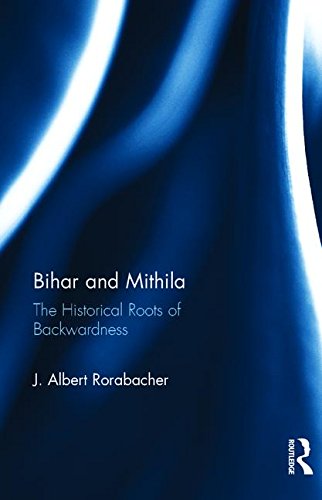

Most ebook files are in PDF format, so you can easily read them using various software such as Foxit Reader or directly on the Google Chrome browser.
Some ebook files are released by publishers in other formats such as .awz, .mobi, .epub, .fb2, etc. You may need to install specific software to read these formats on mobile/PC, such as Calibre.
Please read the tutorial at this link. https://ebooknice.com/page/post?id=faq
We offer FREE conversion to the popular formats you request; however, this may take some time. Therefore, right after payment, please email us, and we will try to provide the service as quickly as possible.
For some exceptional file formats or broken links (if any), please refrain from opening any disputes. Instead, email us first, and we will try to assist within a maximum of 6 hours.
EbookNice Team

Status:
Available0.0
0 reviewsThe world has become obsessed with the Western notions of progress, development, and globalization, the latter a form of human and economic homogenization. These processes, through the aegis of the United Nations, are comparatively monitored. Those nations deemed to be ‘lagging behind’ are then provided with foreign aid and developmental assistance. For nearly seventy years, India has sought its place in this global endeavour; yet, even today, abject poverty and backwardness can be observed in districts in almost every state; with the highest concentration of such districts found in the state of Bihar and a cultural enclave, known as Mithila.
Development in India has been elusive because it is difficult to define; and because the Western concepts of development and progress have no absolute equivalents within many non-Western settings. As a consequence, development programmes often fail because they are unable to ask the right questions, but equally important is the political economy derived from foreign aid. For politicians, there is no long-term benefit to be derived from successful development. In general, foreign aid only serves to corrupt governments and politicians and, in the end, does very little for those who need help.
The struggling states of Bihar and Mithila serve as extreme examples of India‘s problems. Development here has been thwarted by a hereditary landed aristocracy supported by religion, casteism, custom, social stratification, tradition, and patterns of behaviour that can be traced back millennia. In turn, all these have been masterfully manipulated by co-opted politicians, who have turned politics into a veritable art form as this volume comprehensively demonstrates.